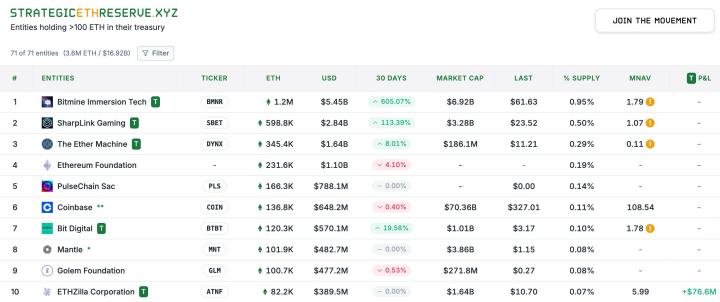According to reports from multiple Western mainstream media, this round of talks officially began after 1 PM local time on Monday at Lancaster House and lasted until just after 8 PM, with negotiations to continue the next morning at 10 AM.
Lancaster House was built in 1825, originally named Stafford House, constructed in the 1820s by the highly influential British aristocrat Duke of Stafford from the 18-19th centuries. Located near Buckingham Palace, it was purchased by the British government in 1912 and renamed, currently managed by the British Foreign Office for hosting important diplomatic events. The palace features a neoclassical architectural style, with extremely luxurious interior decorations, praised as "one of London's most glamorous interiors", and some scenes from the popular British drama "Downton Abbey" were also filmed here.
The US Treasury Department sent a group photo to White House reporters before the talks, showing three representatives from the US side (Treasury Secretary Becerra, Commerce Secretary Raimondo, and Trade Representative Tai) and three from the Chinese side (Vice Premier He Lifeng, Minister Wang Wentao, and Vice Minister Li Chenggang).
According to media reports, the negotiations were intense, without even a formal dinner break. A Bloomberg reporter on-site mentioned that the negotiation teams ordered takeout from the London restaurant Ottolenghi, bringing it in food bags directly to the meeting venue, seemingly eating while talking or quickly grabbing a few bites before continuing work.
Regarding the specific details and outcomes of the negotiations, no information has been released by the Chinese side, and the US side's disclosure is extremely limited. Becerra briefly described the meeting as a "good meeting", while Commerce Secretary Raimondo said the discussions were "fruitful".
Trump also had a schedule that afternoon, holding a roundtable meeting on "Trump Savings Accounts" with CEOs from Dell, Goldman Sachs, Uber, and others. When a reporter asked about the US-China talks, Trump responded: "Our negotiations with China are progressing smoothly, China is not easy... but I've received good news". When asked about potentially lifting export controls, he told reporters "We're going to see", and then went on about how "China has been taking advantage of the US for years" and "we hope to open up the Chinese market".
The Wall Street Journal and other media, citing "informed sources", reported that Trump gave some negotiation authorization to the US delegation before their departure, allowing flexibility on certain issues - such as potential export controls on EDA design software, aircraft engine parts, ethane, and nuclear equipment.
On the morning before the talks began, CNBC interviewed White House Economic Council Director Hassett. He first revealed that the US government is considering lifting some export controls in exchange for China further relaxing rare earth export controls. Hassett stated that this round of talks "won't be long, but will be a big, strong handshake"; if China allows large-scale rare earth exports, "any export controls from the US will be eased", after which both sides will continue to address "smaller matters". Hassett emphasized that the relaxed controls he mentioned do not include NVIDIA's top-tier chips, but rather other types of semiconductors that are also very important to China. When CNBC further asked if H20 controls would be lifted, Hassett said: "No, that would be a new thing."
While Hassett was discussing NVIDIA chips, Jensen Huang was in London attending "Tech Week" and had a 30-minute conversation with UK Prime Minister Starmer, praising the UK as the third pole of AI outside of the US and China, with strong innovation vitality, technical talent, and tech investment, though computational infrastructure remains a weakness. Huang emphasized that AI will become infrastructure like electricity in the future, and the UK needs computational infrastructure to drive AI development, with NVIDIA able to provide assistance.
[The rest of the text continues with the CNBC interview transcript]







